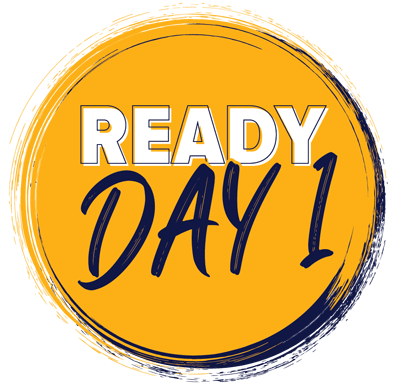Trent W. Maurer
Professor of Human Development and Family Science
Ph.D., University of Illinois at Urbana-Champaign
Office: IAB Building Room 3079
Phone: 912-478-1522
Fax: 912-478-0276
E-mail: tmaurer@georgiasouthern.edu
Websites:
Google Site
Selected Works
Research Interests:
Scholarship of teaching and learning; Family violence
Teaching Statement
I teach two primary populations of students, majors/minors and those taking a course because “it sounded interesting.” These groups come in to the course with completely different expectations, yet for both my goal is the same: empowerment. I want to empower them to learn about learning, not just which study tips work for them and which don’t, but more fundamentally that learning is a lifelong process that grows, that evolves, that requires constant struggle, constant change, that never ends. I want to empower them to lead healthier, happier, more examined lives. I want to empower them in the most important way possible: to empower them to empower others and continue the cycle of paying it forward. For our majors and minors, most of them will go on to careers where they will work with populations that are vulnerable, exploited, and disempowered. It will be their job to protect and empower these people. Conversely, the other population of students will likely never take another course in my discipline, nor ever work in a professional setting in my field, yet they too will be positioned to empower others: classmates, parents, siblings, spouses, children, and many others.
I begin in all my courses at the most fundamental level: learning how to learn, based on best practices from the scholarly literature and my own research. In addition to providing resources on learning and study strategies, all of my courses contain multiple opportunities for students to receive formative feedback about their learning gains and the effectiveness of their study strategies throughout the course, typically through the form of low-stakes or no-stakes quizzes (often online). It is not uncommon to have 40-60 such assessments in my large-enrollment courses. These frequent, small assessments drive home to students the importance of regular time and effort dedicated to the learning process and reduce mass practice or “cramming” for exams. Here, they are learning not only the material, but how to be successful in college courses, a skill that will pay dividends for years to come. As they progress through the course, they are able to improve their study skills because of the formative feedback they are receiving and in the process they become aware that learning strategies must constantly evolve to keep up with new information and new abilities. My own empirical evaluations of these methods, which I have shared at conferences, workshops, and in publications, have confirmed the effectiveness of these techniques in improving student learning.
Additionally, in all of my courses I also teach students how to take the type of application-based exams that are common in my discipline. I scaffold them through the process, showing them how to pick out the relevant information in the question, match it to the relevant information in the answers, and deduce the best answer. This technique has improved my students’ exam averages by nearly a letter grade, a pattern that continues through their upper division classes with other instructors. This knowledge not only empowers them to better learn and demonstrate their knowledge of the material, but also puts them in a position of expertise, empowering them to help classmates in other classes learn these techniques.
This theme of empowerment continues in the content material I teach, which relates directly to students’ own lives. I teach students strategies for reducing conflict in their relationships, methods for promoting children’s development, even how to budget and buy a car. I teach students these things to empower them—and those they will teach—to lead happier, healthier, more fulfilling lives. I empirically evaluate the effectiveness of every teaching method and activity that I use and joyfully share what works—and what doesn’t—with anyone who will listen at conferences, seminars, even in the hallway. To me, sharing these things with other teachers so that they and their students might benefit from them is the greatest obligation, joy, and privilege of being a teacher.
Last updated: 11/27/2023

